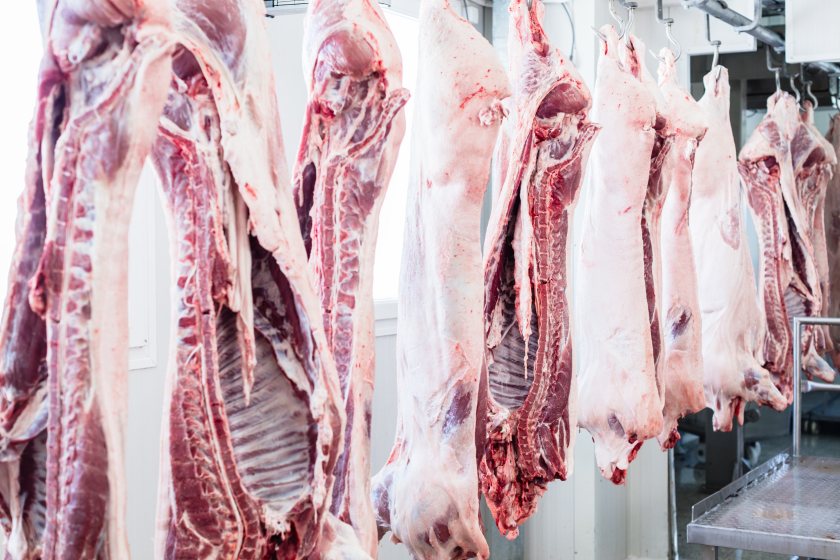New hotline launched for people to share food fraud concerns

A new free phone number for the food fraud hotline has launched to make it easier for people to speak up and share their concerns.
The Food Standards Agency's (FSA) new number is aimed at helping those working in the food sector to share potential food crimes "freely and confidentially".
Food fraud can involve selling food that isn't what it says it is, or products that include cheaper ingredients than the ones listed on the label.
The food safety watchdog estimated that the crime could be costing consumers, businesses and the government between £410m and £1.96bn per year.
Emily Miles, CEO of the FSA said: “The UK has some of the safest and most authentic food in the world, but there will always be a threat of criminality in the food system.
"Food businesses are the first line of defence. This is one of the reasons why we launched a working group to explore together whether some areas of our collective response to food crime can be improved.
"Together, we’re making it easier to share intelligence and information by helping people who work in the food system to share their concerns with us freely and confidentially.
"Our research suggests that for businesses and consumers feeling the financial strain, the cost of food crime still matters.”
Anyone who suspects food fraud can report it to 'Food Crime Confidential' on food.gov.uk or by phoning 0800 028 1180 (0207 276 8787 for non-UK mobiles and calls).
Earlier this year, Booths, a northern-based retailer, was ordered by the FSA's National Food Crime Unit (NFCU) to remove pre-packed beef mislabelled as British.
It came ten years on from the horse meat scandal, when horsemeat entered the UK's food supply chain.
The meat was found in a series of beef products that reached the supermarket shelves – resulting in millions of products being withdrawn.








